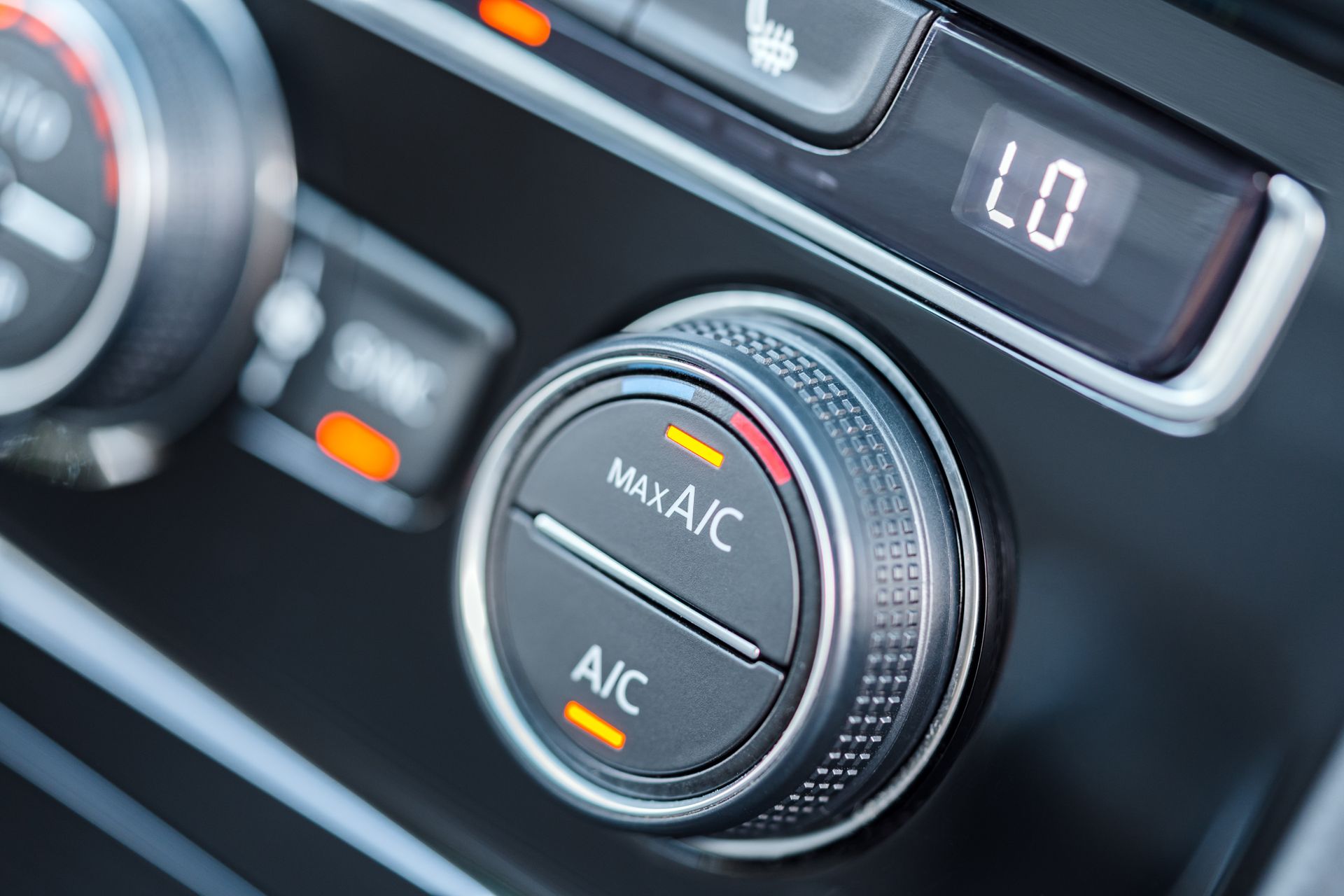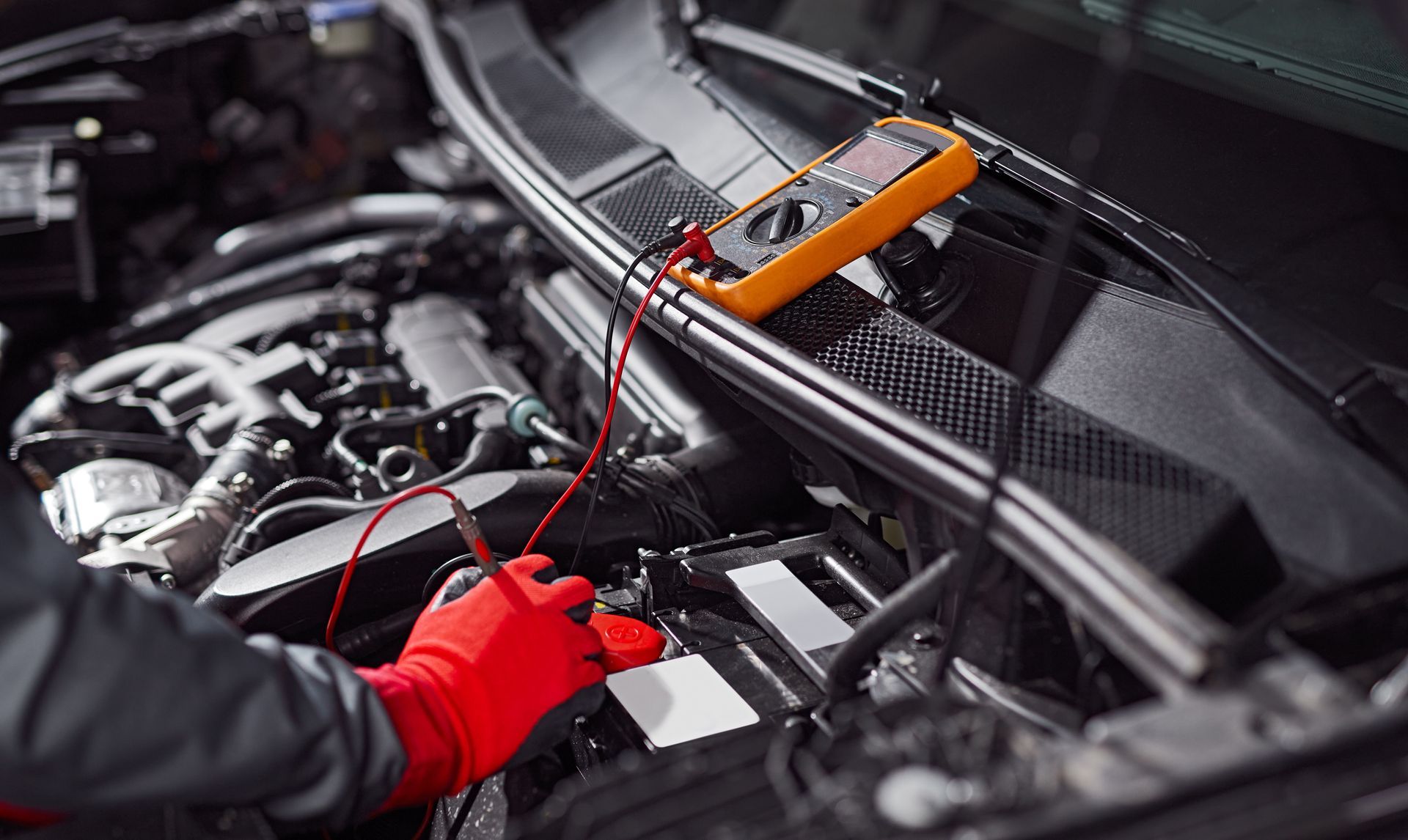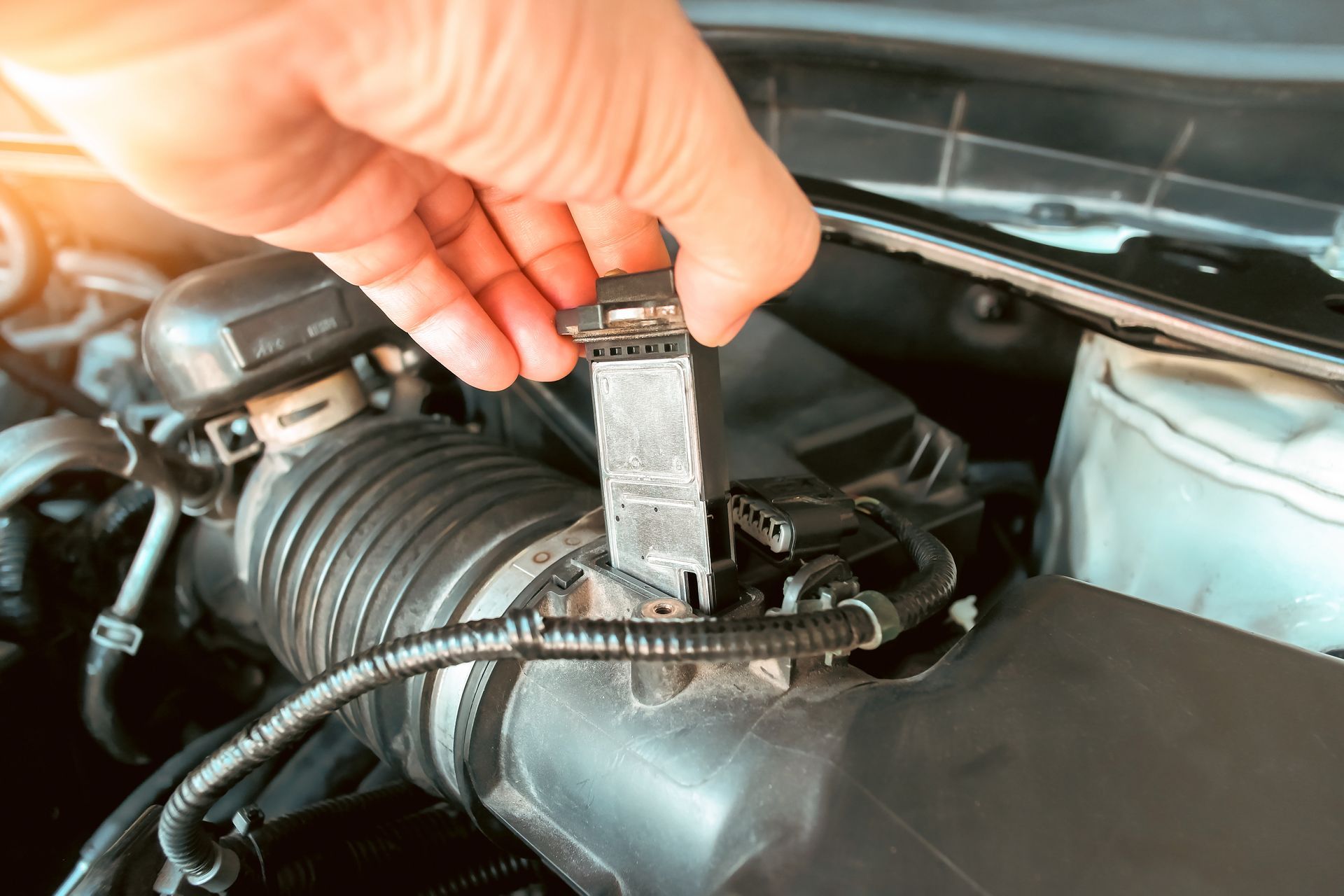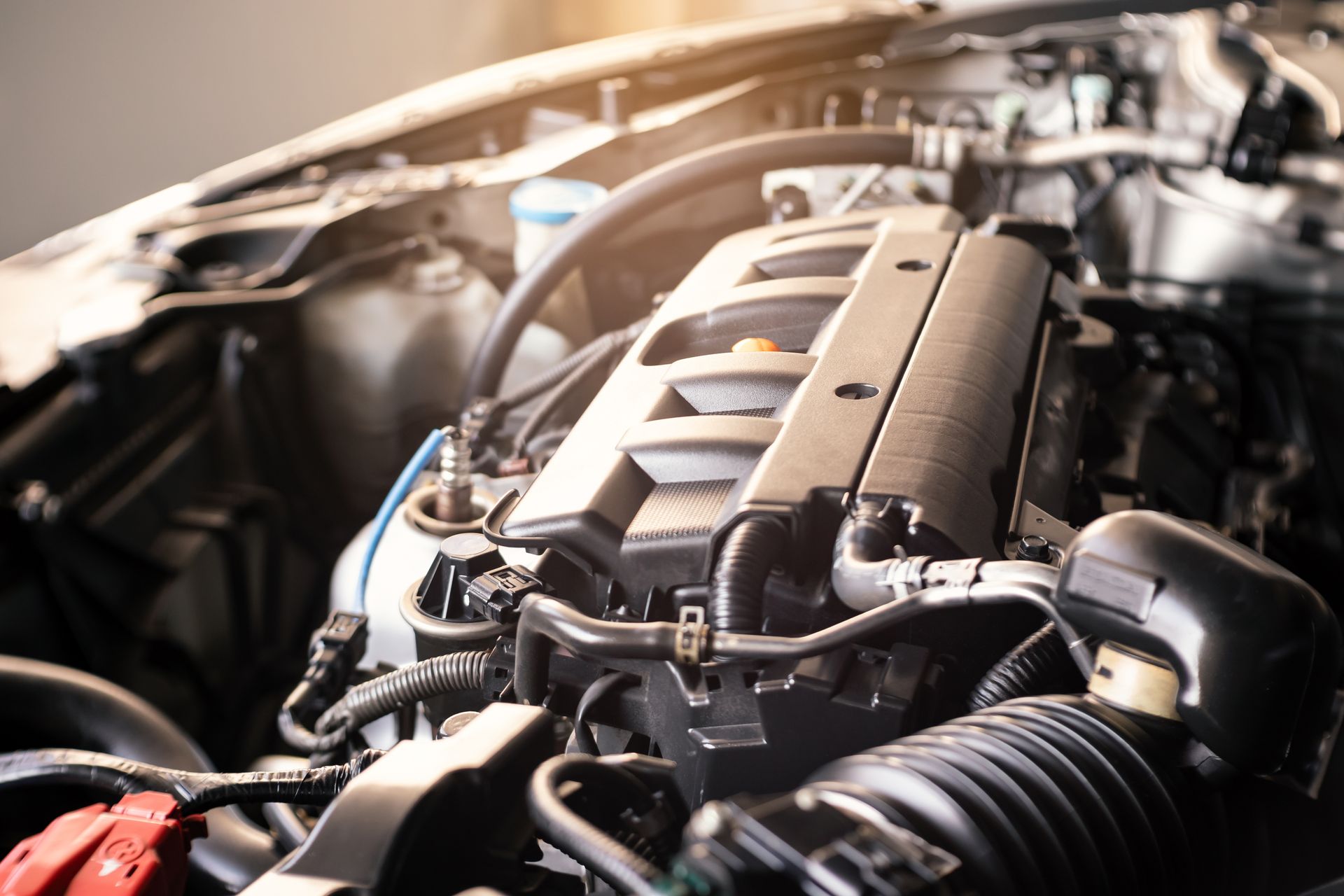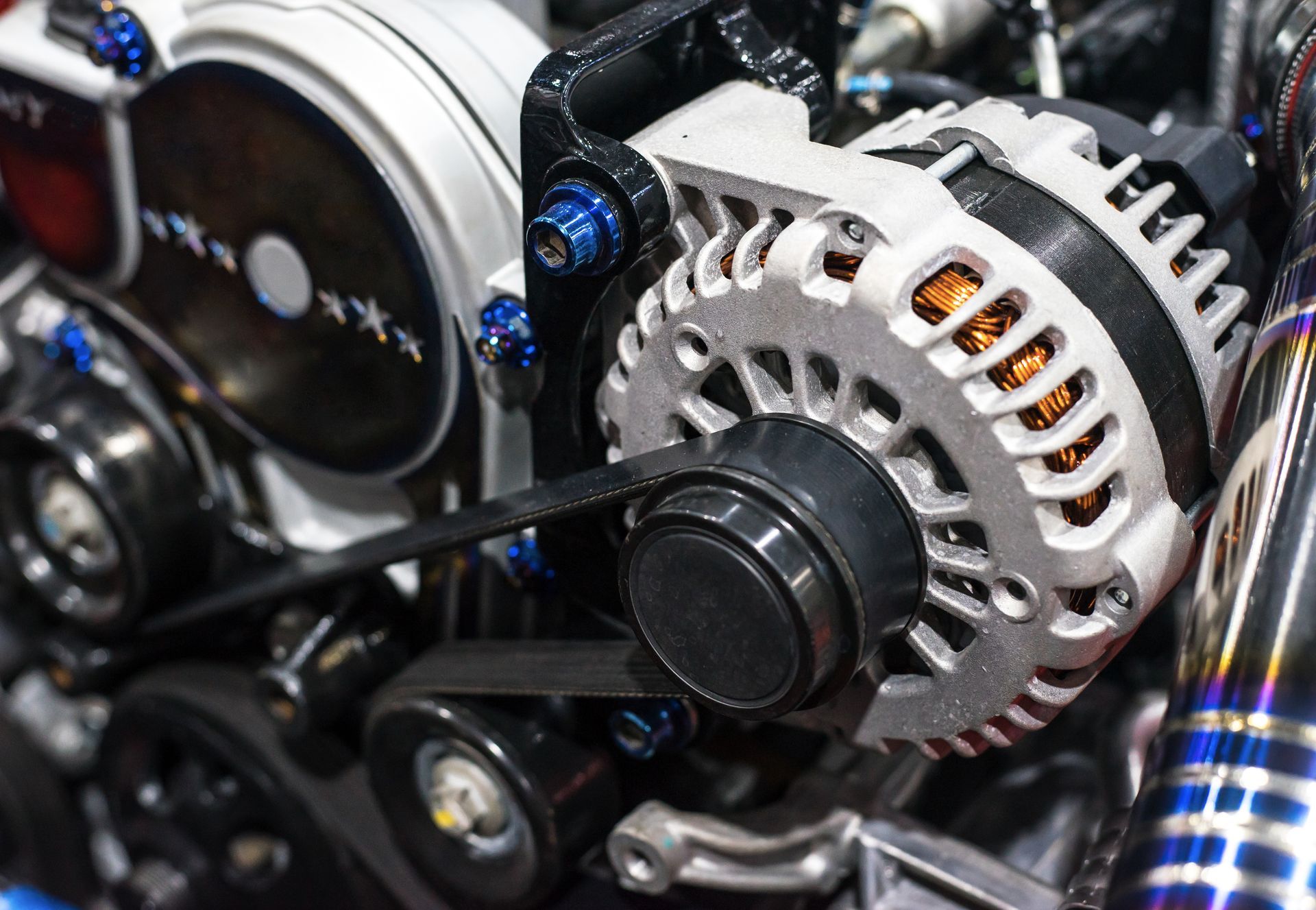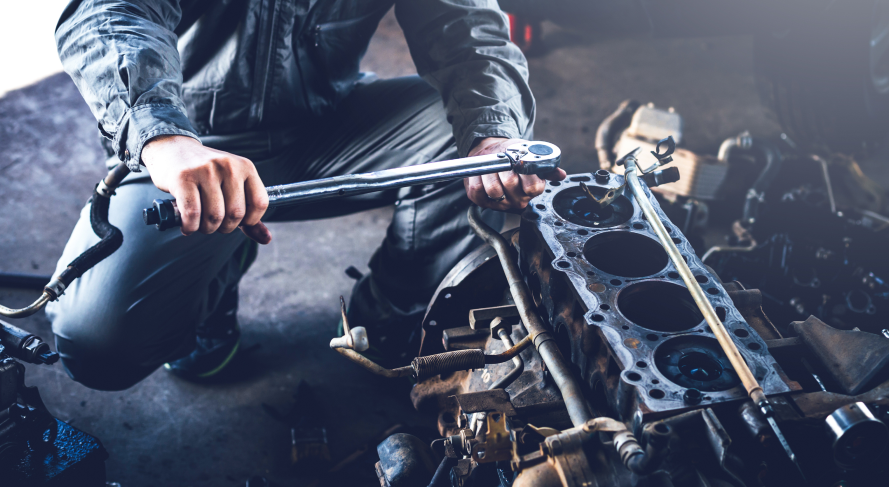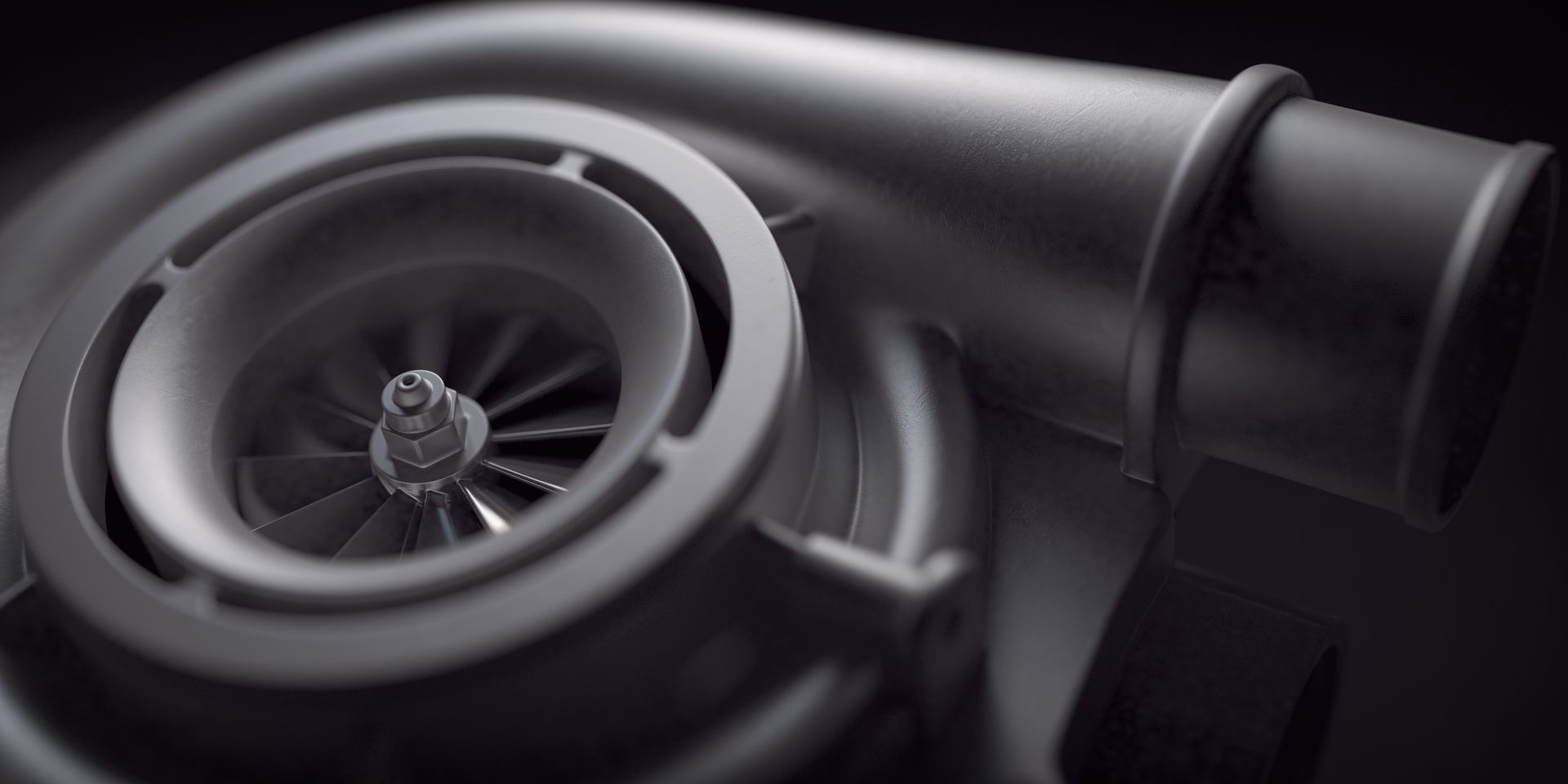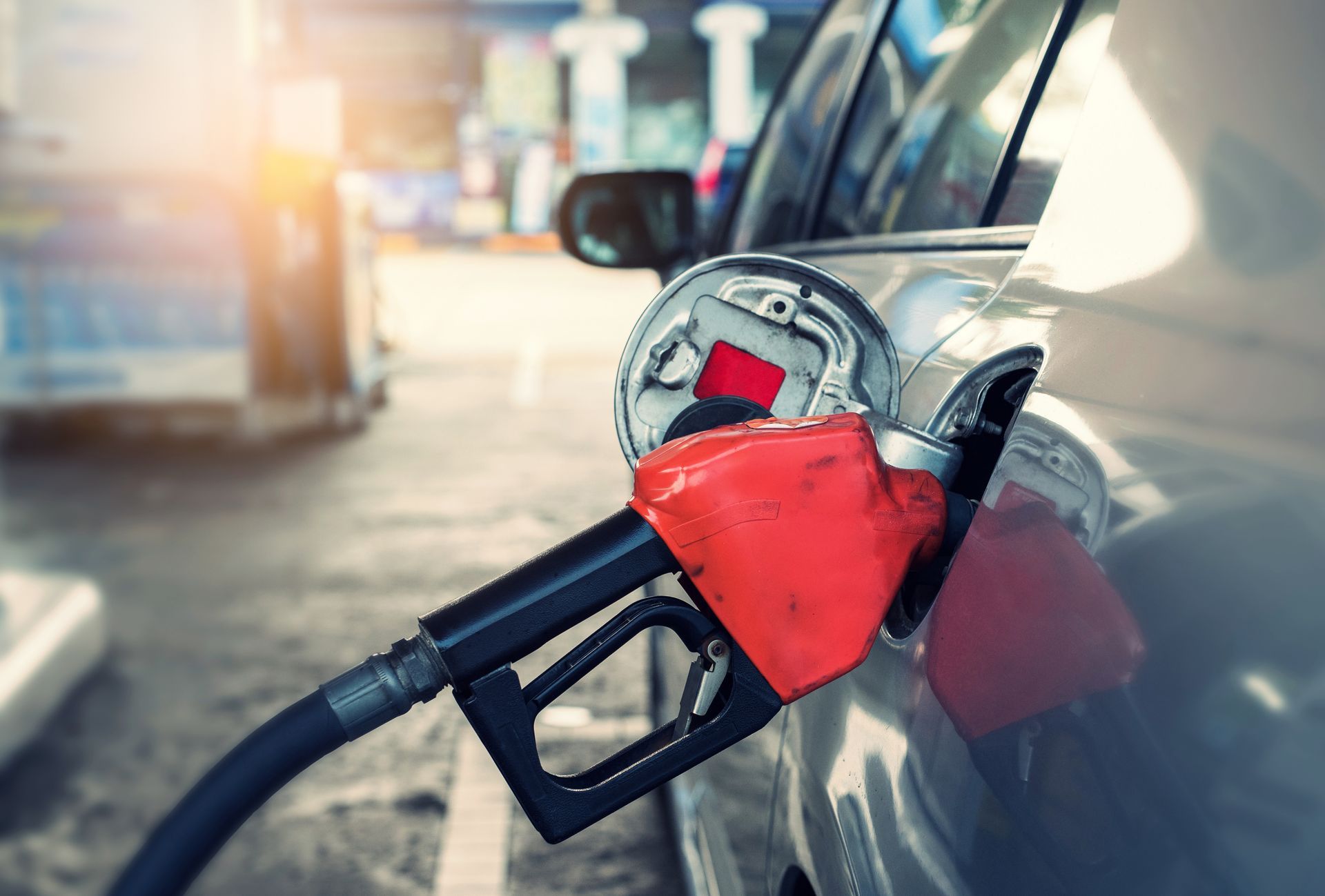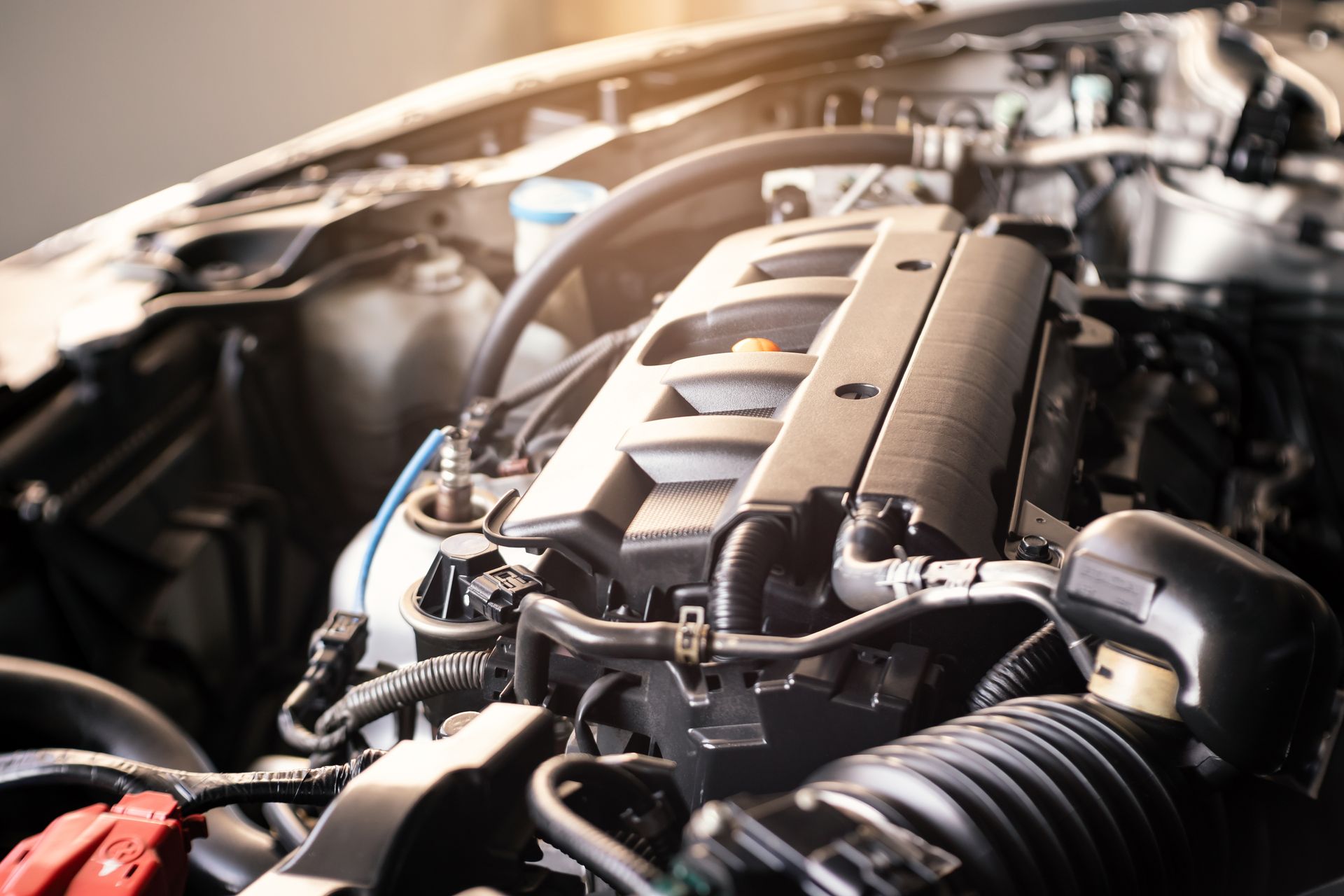
Driving on the highway, with the sound of your inline-4 or big V8 in the background. Behind this thrilling experience lies the heart of the machine - the engine. But what exactly makes performance and high-horsepower engines not just powerful, but reliably so?
Precision Engineering
Precision engineering lies at the core of any high-performance engine. Every component, from the cylinders to the camshafts, is meticulously designed and crafted to exacting standards. Manufacturers employ advanced technologies such as computer-aided design (CAD) and finite element analysis (FEA) to optimize performance and durability. Each part is scrutinized for strength, durability, and efficiency, ensuring that the engine can withstand the rigors of high-speed operation without compromising reliability.
Heat Management
One of the greatest challenges faced by high-performance engines is heat management. As power output increases, so too does the amount of heat generated. Left unchecked, this heat can wreak havoc on engine components, leading to premature wear and potential failure. To combat this, engineers employ various cooling techniques, including liquid-cooled systems, oil coolers, and heat exchangers. High-performance engines often feature advanced materials such as aluminum alloys and ceramic coatings, which offer superior heat dissipation properties.
Strength in Numbers
In the quest for reliability, strength is paramount. High-performance engines are built to withstand extreme forces and stresses, necessitating the use of reinforced components. Engine blocks are often constructed from high-strength alloys or even exotic materials such as carbon fiber, providing exceptional structural integrity. Likewise, internal components such as pistons, connecting rods, and crankshafts are beefed up to handle the increased loads encountered during high-speed operation. Engineers ensure that every component contributes to the engine's overall reliability through meticulous design and material selection.
The Power of Lubrication
Lubrication plays a vital role in the reliability of high-performance engines. Proper lubrication reduces friction between moving parts, minimizing wear and extending component life. High-performance engines often feature sophisticated oiling systems, including dry sump setups and variable-displacement oil pumps, to ensure optimal lubrication under all operating conditions. Additionally, advanced synthetic oils are employed to provide superior protection against heat and friction, further enhancing reliability.
Precision Tuning and Maintenance
Even the most finely crafted engine requires regular maintenance and tuning to ensure peak performance and reliability. High-performance engines are often equipped with advanced engine management systems, allowing for precise control of fuel delivery, ignition timing, and other vital parameters. Regular tuning and maintenance by skilled technicians are essential to keeping these engines running at their best. From valve adjustments to software updates, attention to detail is key to maximizing reliability and longevity.
Turbocharged Versus Naturally Aspirated
In the world of high-performance engines, there is one more crucial distinction: turbocharged versus naturally aspirated. Each configuration offers its own set of advantages and trade-offs, shaping the engine's reliability and performance characteristics in unique ways.
Turbocharged Engines
Turbocharged engines leverage exhaust gasses to spin a turbine, which in turn compresses incoming air before it enters the combustion chamber. This compressed air allows for a greater volume of oxygen to mix with fuel, resulting in more powerful combustion and increased power output. The benefits of turbocharging are undeniable - higher horsepower and torque figures, improved fuel efficiency, and smaller engine displacement for equivalent performance.
However, turbocharged engines introduce additional complexities that can impact reliability. The turbocharger itself is a precision-engineered component subject to high temperatures and rotational speeds, requiring robust materials and meticulous maintenance to prevent issues such as bearing wear or compressor surge.
Naturally Aspirated Engines
Naturally, aspirated engines rely solely on atmospheric pressure to fill the combustion chambers with air. While inherently simpler in design and operation, naturally aspirated engines often lack the sheer power output of their turbocharged counterparts. However, what they lack in outright performance, they make up for in simplicity and reliability.
These engines benefit from a more linear power delivery, with smoother throttle response and greater predictability across the rev range. Without the complexity of turbocharging, these engines tend to have fewer components prone to failure, resulting in lower maintenance costs and potentially greater long-term reliability. The absence of forced induction allows for a more compact and lightweight engine package, contributing to improved handling and vehicle dynamics.
Whether it's a big V8 or a small turbocharged stallion, the Rocky Mountain Car Care team is here to help - just give us a call, and we'll get you in the shop.

